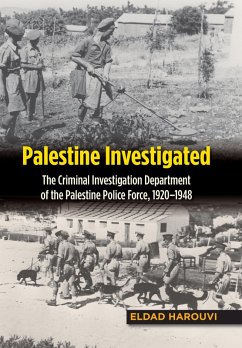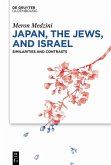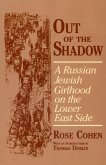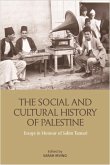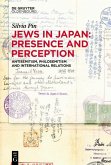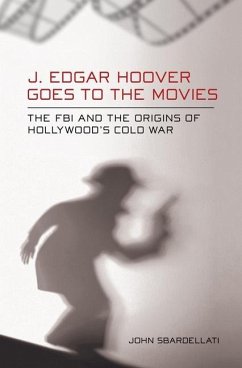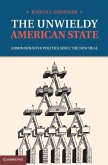This book tells the story of the Criminal Investigation Department (CID) of the Palestine Police Force (PPF) in the historical context which impacted the CID's missions, methods, and composition. At first, the CID was engaged in providing technical assistance for criminal investigation. Following the PPF's poor performance in the Arab Revolt in 1929, a commission of inquiry, headed by Sir Herbert Dowbiggin, recommended adding intelligence gathering and surveillance of political elements to police functions. Teams were set up and a Special Branch established. From 1932 the CID deployed a network of "e;live sources"e; among the Arabs and issued intelligence summaries evaluating Arab and Jewish political activity. Post-1935 the security situation deteriorated: Arab policemen and officials joined the Arab side, thus drying-up sources of information; the British therefore asked for assistance from the Jewish population. In 1937 Sir Charles Tegart recommended that the CID invest in obtaining raw intelligence by direct contacts in the field. In 1938 Arthur Giles took command and targeted both the Revisionist and Yishuv movements. Although the CID did not succeed in obtaining sufficient tactical information to prevent Yishuv actions, Giles identified the mood of the Jewish leadership and public - an important intelligence accomplishment regarding Britain's attitude towards the Palestine question. But British impotence in the field was manifested by the failure to prevent the bombing of the King David Hotel in Jerusalem. Towards the end of the Mandate, as civil war broke out following the UN General Assembly resolution of November 1947, the CID was primarily engaged in documenting events and providing evaluations to London whose decision-makers put high value on CID intelligence as they formulated political responses.
Dieser Download kann aus rechtlichen Gründen nur mit Rechnungsadresse in A, B, BG, CY, CZ, D, DK, EW, E, FIN, F, GR, HR, H, IRL, I, LT, L, LR, M, NL, PL, P, R, S, SLO, SK ausgeliefert werden.

